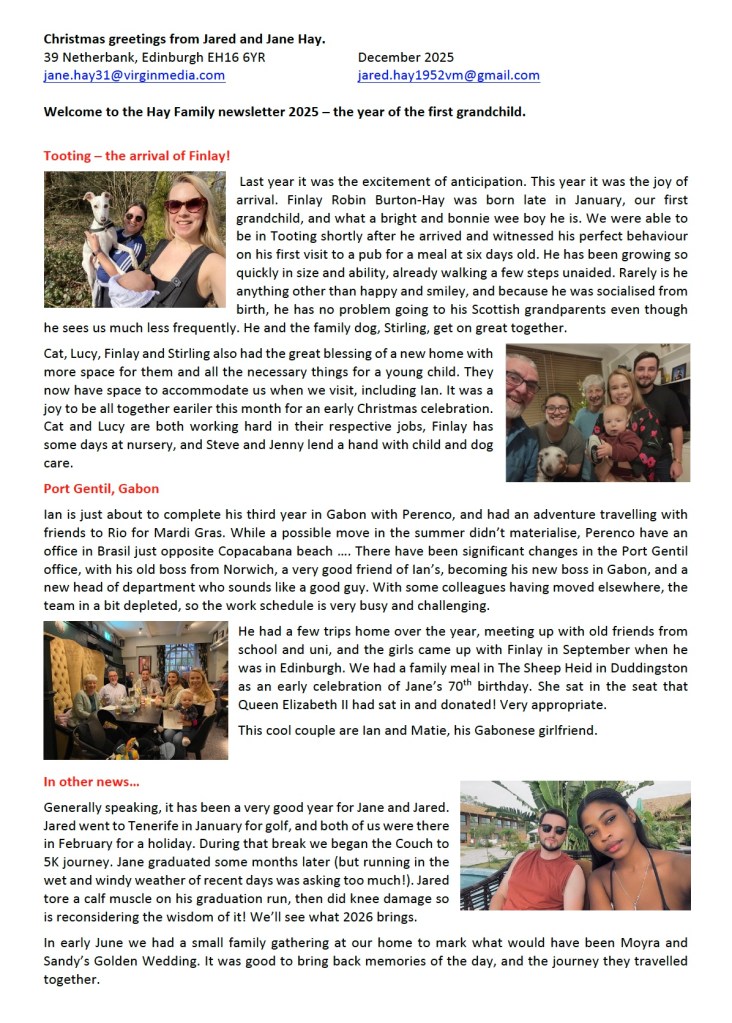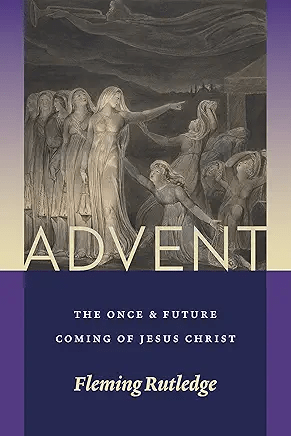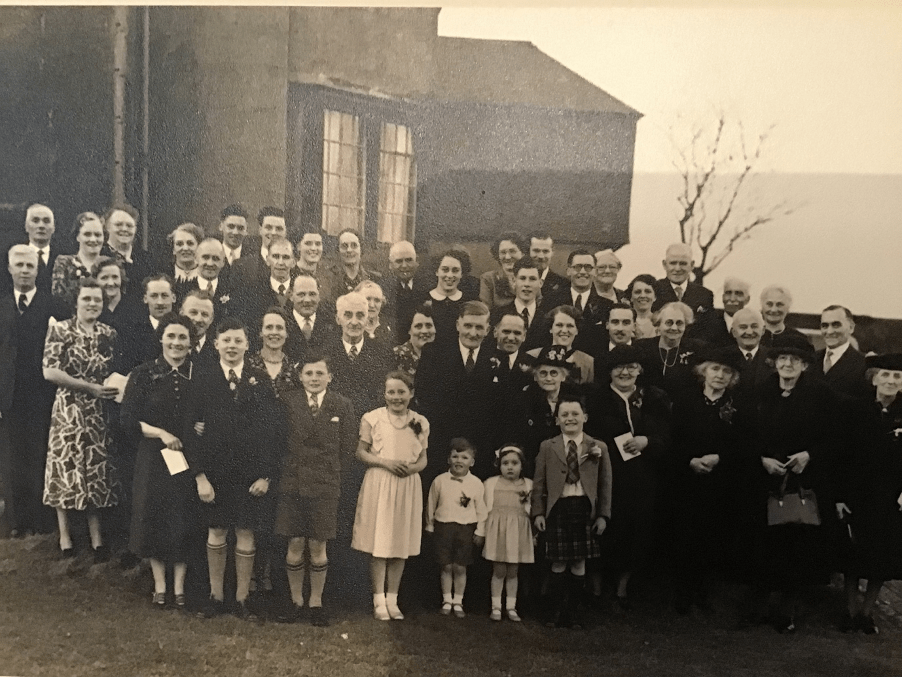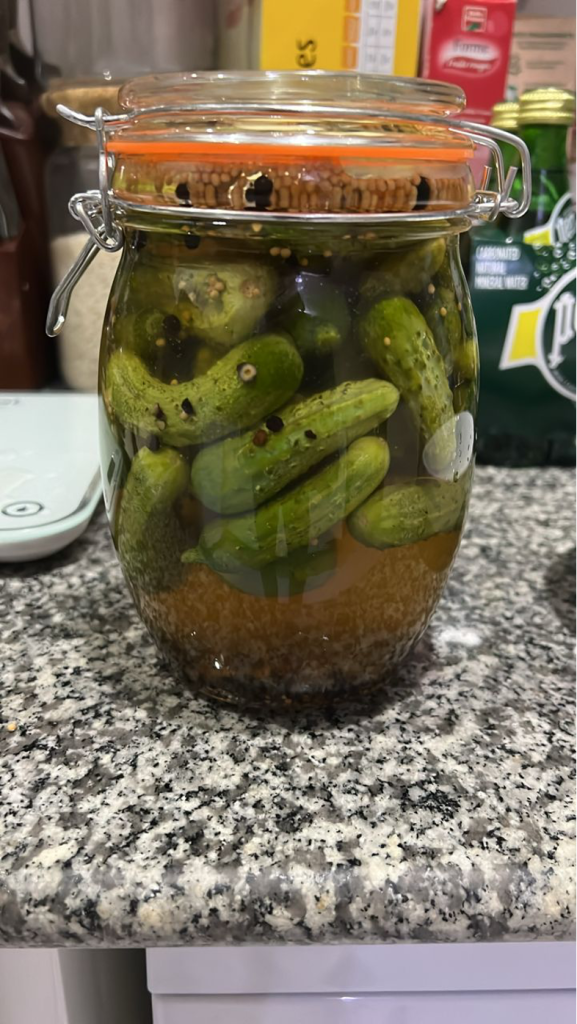A few weeks ago, I was asked to record a five-minute reflection on Hebrews 12:1, and I chose to include verses 2 & 3 to make contextual sense. It was an instructive study for me, and as we approach another year, with all the temptations to short-term life fixes, we need to remember that the Christian life is a marathon and not a sprint.
12 Therefore, since we are surrounded by such a great cloud of witnesses, let us throw off everything that hinders and the sin that so easily entangles. And let us run with perseverance the race marked out for us, 2 fixing our eyes on Jesus, the pioneer and perfecter of faith. For the joy that was set before him he endured the cross, scorning its shame, and sat down at the right hand of the throne of God. 3 Consider him who endured such opposition from sinners, so that you will not grow weary and lose heart.
At the beginning of this year, my wife and I decided that we would embark on the journey that is the Couch to 5k – a nine-week running course guided by a great App on our phones. She managed to complete the course and is still running, and I tore a calf muscle on my graduation run, so now I need to get back to it. When you start a process like that, you begin to realise that running on your own can be a very lonely experience, and there are huge temptations to give up.

The setting for the reflection on the Christian life at the beginning of Hebrews 12 is the athletic arena, and the runners are those who were listening to this written sermon – but now we are the runners as we hear it. There are four things the author mentions that are great encouragements for us to run the marathon that is the Christian life.
First, we do not run it alone, we are in the company of others who can encourage us so that we persevere rather than give up. Seeing when those around us are struggling and running the race beside them for a while is a crucial means of support, as is asking for help when we ourselves are struggling. We run together, not alone.

Second, we have a cheering crowd to help us. This week, we have not only marked Halloween – All Hallows Eve – but All Saints’ Day on 1 November, when the Church remembers the millions of believers who have gone before us, like the heroes and heroines of faith we find in Hebrews 11. They are a cloud of witnesses in this arena of faith, like a full stadium where every seat is taken and every voice is shouting encouragement. Remembering them can help us run the race that is set out for us.

Third, there are things we need to get rid of. While many charity marathon runners wear fancy dress, those who are seeking to do a personal best would never do that, because it is a hindrance. To run our best in the Christian race, there are things that we must set aside. It may be sinful patterns of behaviour we need to get rid of, or things that are good in themselves but have come to dominate life so much that they are in danger of tripping us up.

Fourth, there is Jesus, the Forerunner and Perfecter of faith. He is the climax of the list of heroes of faith. He has run the race ahead of us and has now finished it. When enduring the cross, he looked beyond it and saw the joy that would come through all that he achieved by his death and resurrection, and we likewise are to look beyond the struggles and challenges to the joy of finishing the race like him. Fix your eyes on him and draw on his strength.
The Christian life is a marathon, not a sprint, but the author of Hebrews gives us good guidance that can get us over the finishing line. His message is, don’t give up. Don’t let the struggles of the race overcome us, but draw on the strength of our fellow runners, of the cheering saints, and above all, of Jesus himself. Let us run with endurance the race set out for us.


























